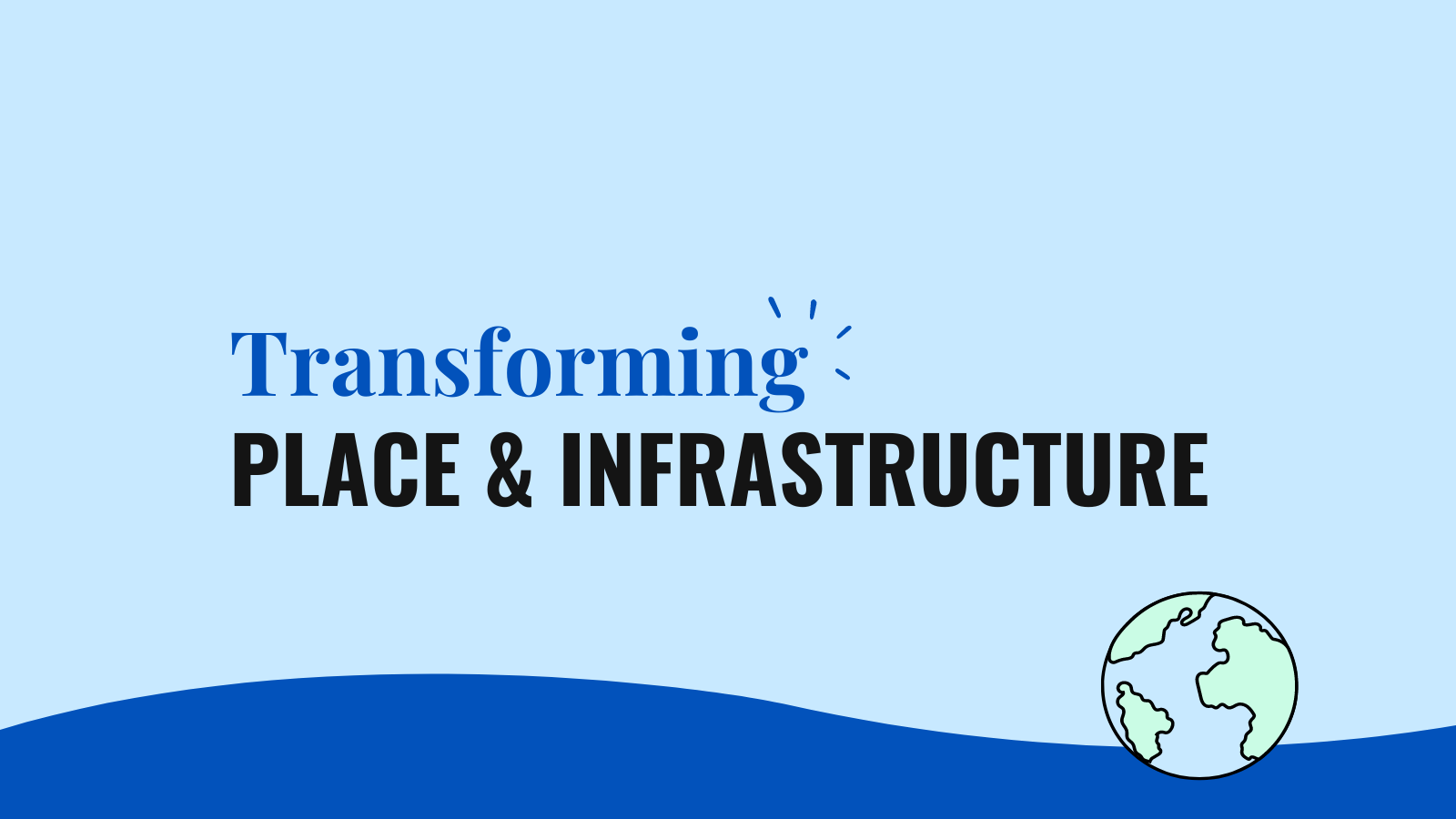I was fortunate enough to be on a panel hosted by leading public services think tank Reform at Labour conference, along with CEOs of combined authorities, a council leader and a public policy journalist from the FT. The session title was “Getting back to building: a new era for housing delivery”, but unsurprisingly, much of the discussion was centred on devolution.
Whilst devolution is certainly part of the answer to delivering housing, three often overlooked areas — funding, data, and policy design —are critical to freeing councils to deliver housing.
Simplifying funding streams
One of the biggest challenges in local housing delivery is navigating the complex landscape of funding. Applying for and securing the finances for affordable, sustainable and connected housing requires creating a cocktail of funds from different public sector sources. Each funding source has its own criteria, timelines, and reporting requirements.
For example, many government departments that hold enabling funding don’t transparently set out future pipelines or timelines. Local authorities are forced to apply for funding repeatedly, often submitting the same information — demographics, land supply, and project needs — over and over again, including data already held by another department. Because of the uncertainty around future funding rounds, housing schemes apply for them as soon as they’re open, rather than when they’re ready to, for fear of ‘missing the boat’. This is a big cause of unspent funds being returned to the Treasury; finances are granted, but projects are not really ‘shovel ready’.
There is fundamentally no certainty for local authorities or the private sector due to the lack of transparency and consistency, making forward planning more risky and costly. This process could be vastly improved by better coordination between departments and more intelligent use of existing data.
What can we do?
-
Coordinate funding streams: Departments central to enabling housing delivery such MHCLG, DfT and DESNZ, should better align the release of funds to reduce duplication and administrative burden. A centralised, transparent pipeline of upcoming funding opportunities would allow local governments to plan more effectively.
-
Longer-term funding streams and continuous market engagement: Rather than having competitions with fixed deadlines, allow local authorities and housing and infrastructure providers to seek funding when their scheme is crystallised as opposed to when they’re just concepts.
-
Reuse data: Data shared (or ideally more open standardised data) across departments can eliminate repetitive application processes. For instance, once a council has provided basic information about its projects, that data should be accessible for future applications across departments.
This level of coordination would not only speed up development, but also reduce the administrative strain on local authorities, allowing them to focus on delivery rather than form-filling.
Leveraging data for smarter decision-making
Data is a critical resource for decision-makers, but in many cases, it’s either underutilised or locked behind barriers. Central government often holds vast amounts of valuable information that could significantly aid local authorities in planning and executing their projects. However, this data isn’t always easily accessible or shareable.
Take the example of heat networks. Central government commissions expensive studies to determine where heat networks would be the most cost-effective,low-carbon solutions. Yet the data behind these studies is not available to local authorities (in part due to how the data collection was procured), meaning councils have to pay for the same data to be collected again to inform their retrofit efforts.
What can we do?
-
Open up data sharing: When commissioning studies or models, central government should guarantee that the data is ideally published openly, or at least shared with local authorities via data sharing agreements. This would enable local decision-makers to leverage existing insights, whether it’s about housing, energy, or transport, to plan more effectively.
-
Simplify data access: Although there are agreements like the Public Sector Geospatial Agreement (PSGA) which provide access to data, navigating these systems is still difficult for many local authorities. Streamlining access to essential datasets, like Ordnance Survey MasterMap, would help local authorities build a more comprehensive understanding of their regions.
Better access to data could transform how local governments plan, develop, and collaborate, driving more informed and effective decision-making.
Designing policies that work in practice
Policymaking too often happens in a vacuum. A well-meaning policy is written and approved, but when it’s time for implementation, the practical realities on the ground can clash with the intentions set out on paper. This can result in confusion, delays, or even failure in achieving the desired outcomes.
One of the key issues is that policies are sometimes designed without sufficient input from those who will actually implement them — local authorities, planners, and citizens. For instance, there’s a disconnect between national policies on energy efficiency, building safety, and planning regulations, leaving councils to navigate competing forces without clear guidance. This leads to frustration among local leaders who are responsible for executing these policies on the ground.
What can we do?
-
Co-design policy with local authorities: Successful policy design should involve those at the local level from the start. By incorporating feedback from local leaders, planners, and even citizens, central government can develop policies that are realistic and actionable.
-
Test assumptions on the ground: Policies should be continuously iterated upon, with input from those responsible for their implementation. This will help identify potential roadblocks before they become major issues and allow for course corrections.
Policymaking should not end once the document is published. Instead, it should be an evolving process, informed by real-world experiences and feedback from those on the ground.
Devolution has the potential to empower local governments and improve outcomes for communities across the country. But to fully realise its potential, we need to do more than just devolve power. We must simplify funding streams, open up data for smarter decision-making, and design policies that work in the real world.
By addressing these three areas, we can make the process of devolution not only more efficient but also more effective. It’s time for central government to take the next step and ensure that local authorities are equipped with the tools they need to succeed.

Place and infrastructure: thinking about digital transformation in a new way
Digital transformation is more than gadgets or sensors—it's about the intentional and adaptive design of policy, planning and project delivery to achieve user and economic outcomes.
Read more
Transforming place and infrastructure
We’re passionate about improving communities by partnering with public bodies to transform the built, natural and economic environment.
Work with usOur recent insights
Transformation is for everyone. We love sharing our thoughts, approaches, learning and research all gained from the work we do.

Budget 2025 reveals how digital funding really works
Background: The Budget was announced yesterday, it’s not announcing big new programmes of work - it’s fine tuning how the government's fiscal policy supports existing policy objectives. There’s takeaways for all digital leaders from this announcement and some thoughts about that to do next.
Read more
Unlocking the benefits of AI for charities
How human-AI collaboration can help charities get true value from their data, turning insights into impact.
Read more
What's the future for open data in the UK?
A decade ago, the UK was a leader in open data, but its prominence has faded. We examine why the focus has shifted and what the future holds for the role of open data in the public sector.
Read more

